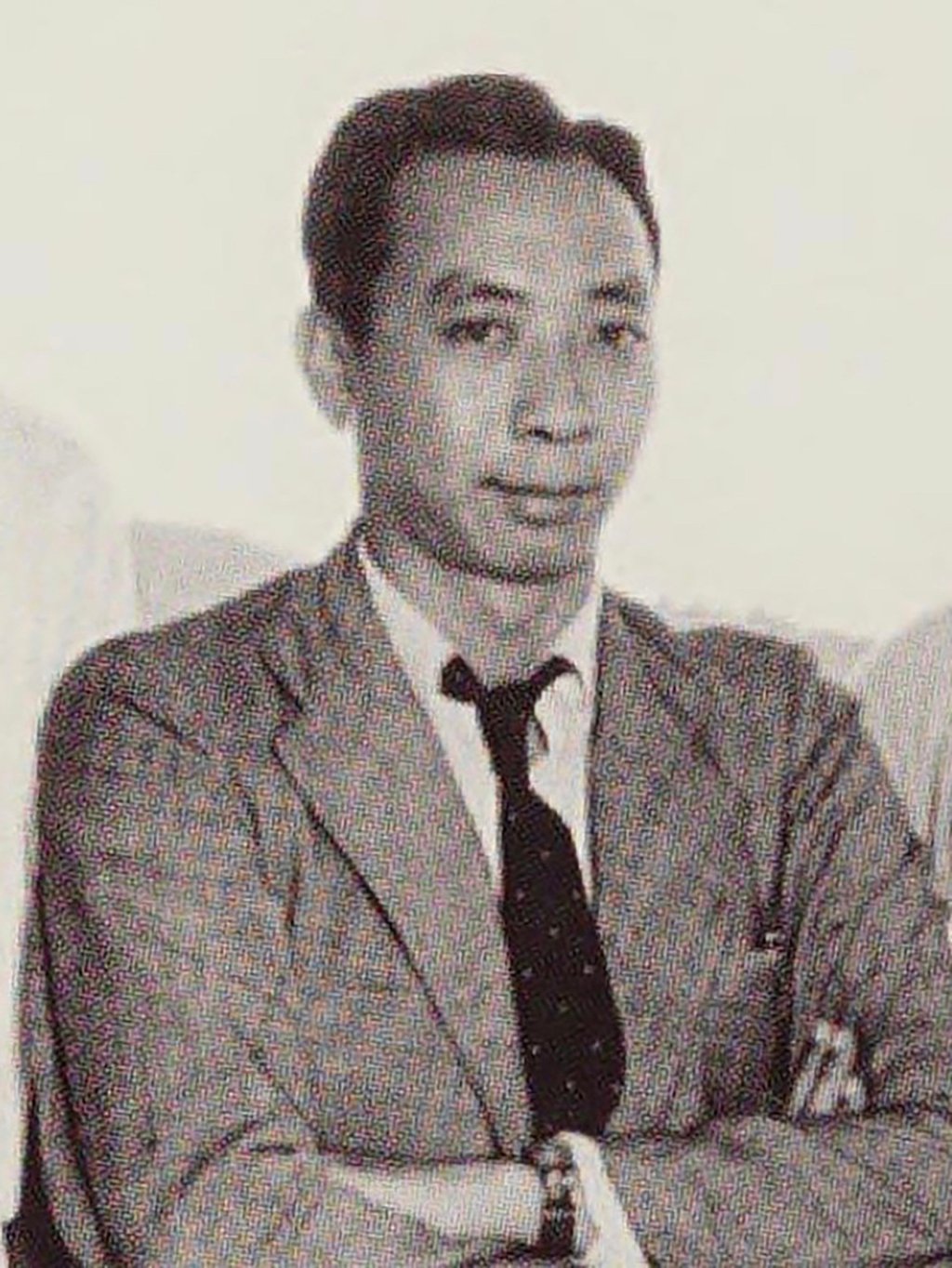How Singapore’s economic architect Goh Keng Swee shaped its state-linked giants

Entrepreneurs start businesses for many reasons. Some do it because of the firm belief that they can change the world around them, like Jeff Bezos, who foresaw how the internet would transform the way people bought books. Others are problem solvers such as Jack Ma, who created Alibaba to empower small Chinese firms and compete in the new digital economy. Then there are those like Microsoft’s Bill Gates and Paul Allen, who turn their expertise into ventures and look to profit from their innate skills.
But Goh was different. He believed in business as a means to an end, one that was for the greater good. Influenced by Adam Smith, the father of modern economics, Goh endorsed the idea that the invisible hand of business can produce goods and services efficiently, create jobs, and benefit the economy as a whole. But to do so, capitalism had to be tempered and guided wisely to avoid its excesses.
There was another, more pressing, motivation: a deep desire to sustain Singapore’s fragile independence and keep the idea of a nation alive. His form of capitalism, as his former protégé and top civil servant Philip Yeo said, was tinged with a large dose of socialism.

“He runs the company efficiently and properly, borrows money and hires people. He is no different from a businessman. But the key difference is that Dr Goh is a state capitalist. The businessman makes profit for himself; Dr Goh did it for the public good,” said Yeo.




